#finances
Chapters and interviews tagged with ‘#finances’
Related Book Chapters & Interviews
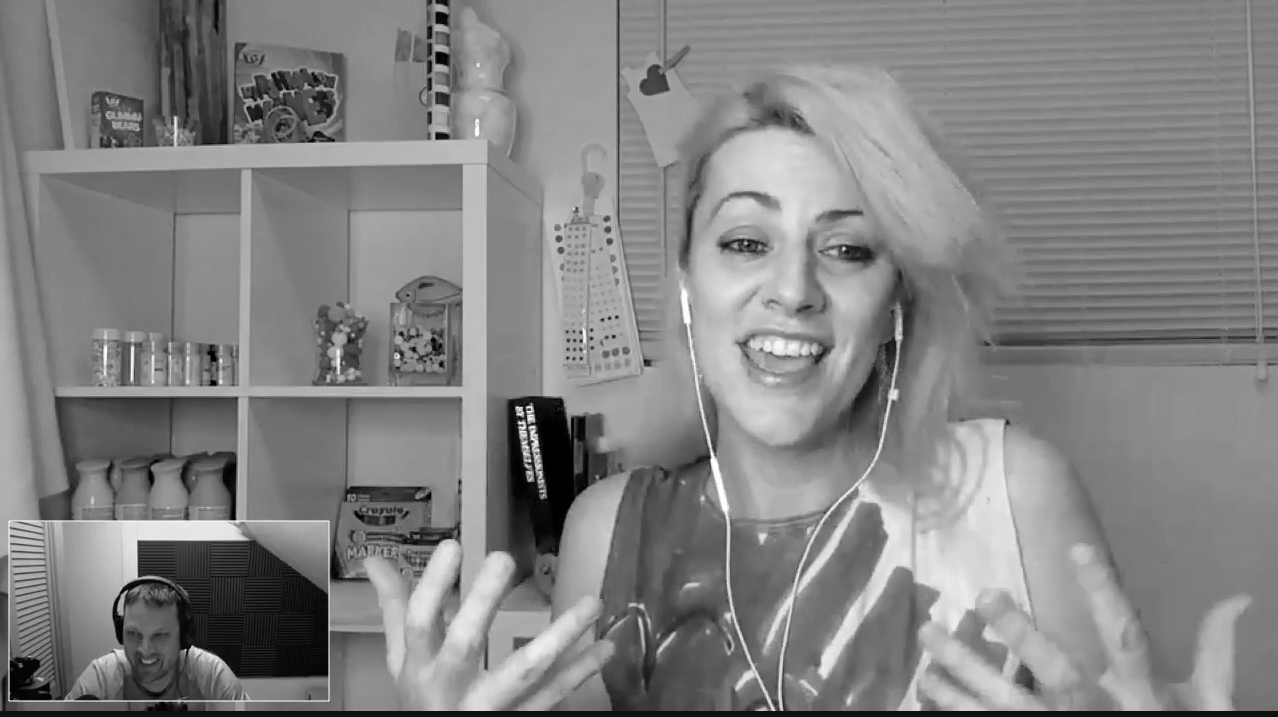 Interview № 22 of 24
Jaimee Newberry
Interview № 22 of 24
Jaimee Newberry
Jaimee Newberry is the founder of Picture This Clothing where you can print a coloring sheet and design a one-of-a-kind ready-to-wear creation that they send to you. In this epsode we talk about making hard decisions and creating space in your life for ideas to take hold and give you time to work on them.
As a founder juggling multiple tasks, it’s easy to forget about the business in the face of all of the other product decisions, but you have to factor business and operations into your decisions now.
Every business is unique, and every buyer is just as unique. However, there are some fundamental things that matter to buyers. Understanding them long before you sell can help you build a better business.
When you’re getting started, your personal costs will be your single biggest expense. By reducing your cost of living, you can buy yourself time and reduce your stress while your business gets going.
Outsourcing can be expensive, but once you have the resources it’s more cost-effective to hire specialists than try to learn everything yourself. If it’s not a core competency, get help with it.
Paperwork is never any fun, but there’ll be a handful of things you need to set up and keep handy. The critical part is keeping the information to hand and documenting this so it’s not a chore when you need it.
At some point, you’re going to put together a spreadsheet that illustrates your business plan making a million dollars in some random period of time. Remember that these aren’t real numbers, and then get to work.
If reducing your costs is the best way to set up your business, not quitting your day job is the next best. There will come a time when you need to quit, but it will be long after juggling the two is easy.
More and more businesses operate with some degree of transparency. But how do you know if it makes sense to run your business transparently? Make sure you weigh the pros and cons before deciding one way or the other.
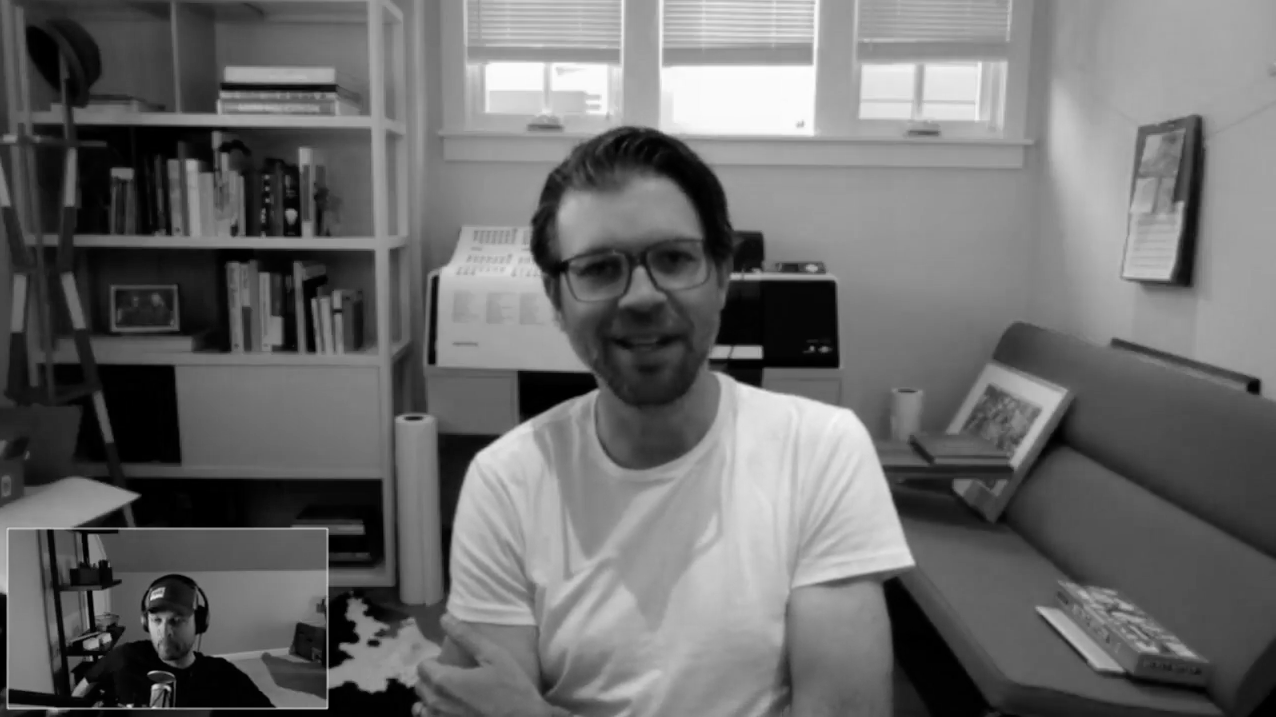 Interview № 15 of 24
Josh Williams
Interview № 15 of 24
Josh Williams
Josh and I discuss what it’s like going from a bootstrapped small team to a team of 30 in a funded startup. We touch on what it’s like going from being a lifelong business owner to being an employee of a large corporation experiencing huge growth. And we talk about some of the differences between building a small profitable business and hitching your wagon to venture capital. Simply put, Josh brings some great perspective and deep insight to building and running software businesses.
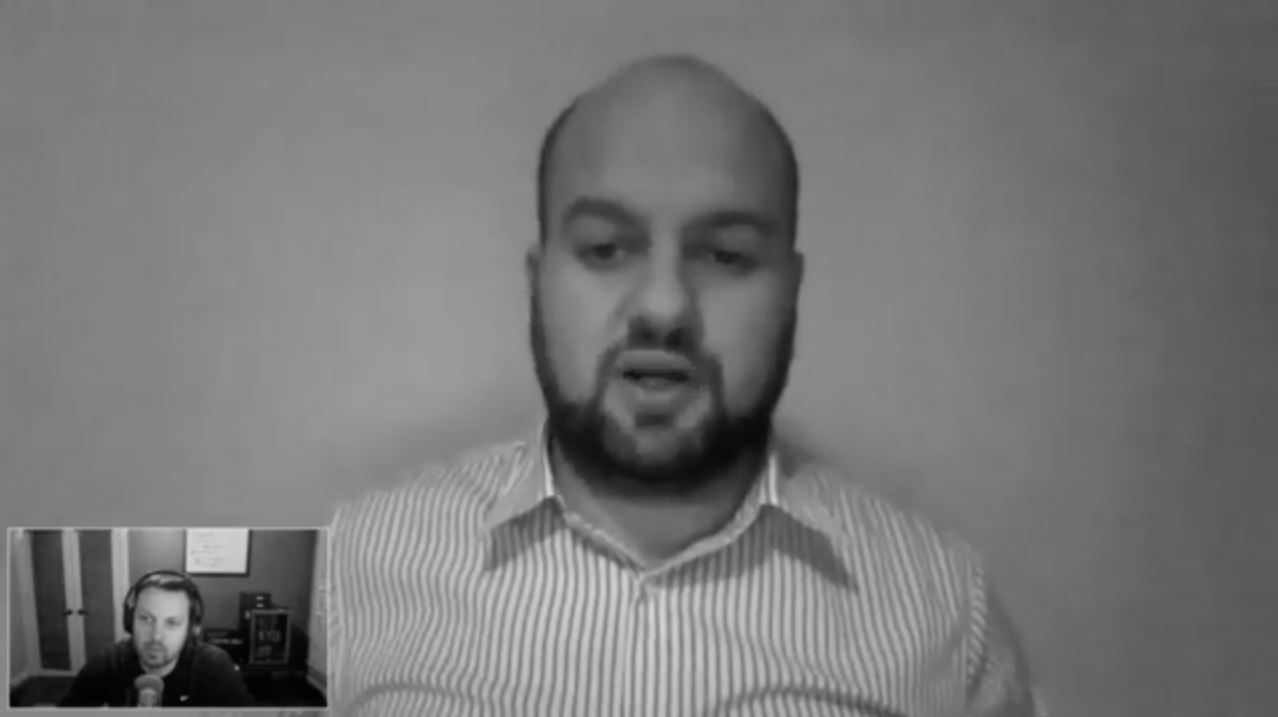 Interview № 14 of 24
Thomas Smale
Interview № 14 of 24
Thomas Smale
Recently I sat down this Thomas Smale of FE International. Thomas and FE International helped me sell Sifter and made the whole process seem easy. After selling so many online businesses, FE International has the process down to a science, and they’ve been able to pick up on quite a few trends. So Thomas takes some time to share what they’ve seen and what matters when it comes to buying or selling an online business.
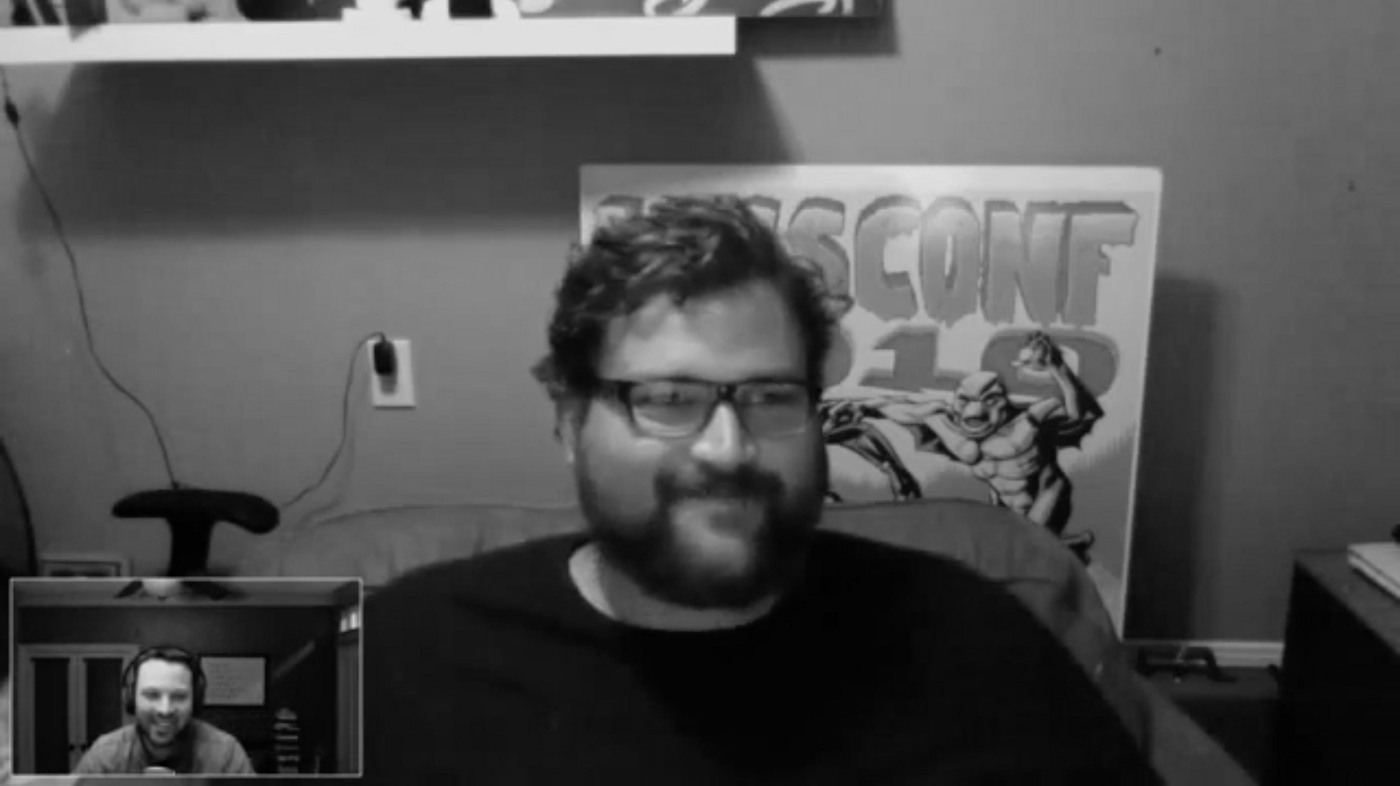 Interview № 10 of 24
Allan Branch
Interview № 10 of 24
Allan Branch
During a time when seemingly everyone is trying to build a product and move away from consulting, Allan is doing just the opposite and moving from SaaS and recurring revenue back to good old-fashioned consulting. We talk a little about the process of selling LessAccounting, the ups downs of trying to grow a SaaS application, and some ways to take a step back and make sure that you’re working on things you’re passionate about.
 Interview № 8 of 24
Josh Pigford
Interview № 8 of 24
Josh Pigford
Josh and I discussed bootstrapping, accepting outside money, the drawbacks of hiring too fast and having to ask his team to take a pay cut. We also talk about how metrics simply aren’t important in the early days and how nothing beats spending time to talking to your customers in person.
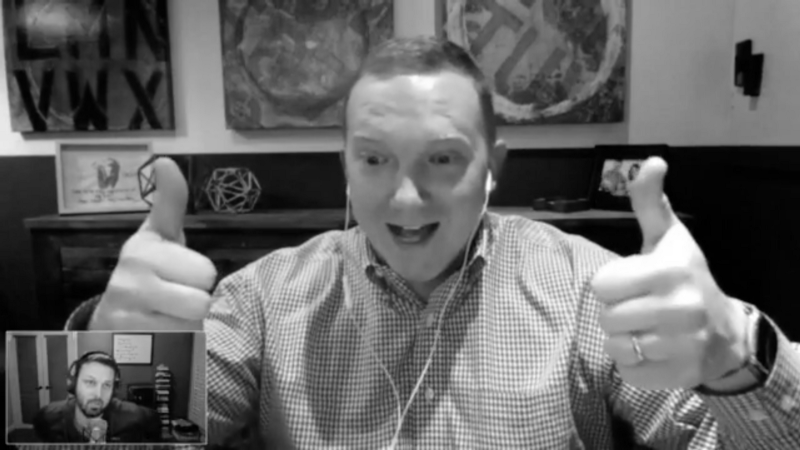 Interview № 6 of 24
JD Graffam
Interview № 6 of 24
JD Graffam
JD and I talk about buying and selling SaaS applications and share some details from the process of selling and transferring Sifter. JD shares what it’s like juggling multiple businesses and how he makes it work, and he dives into the attributes and insights he uses to decide whether a SaaS application is a good opportunity or not and how he does business a bit differently. This is an episode that’s near and dear because I feel like it shares some of the less-often seen aspects of transactions like selling businesses. I really hope you enjoy it.
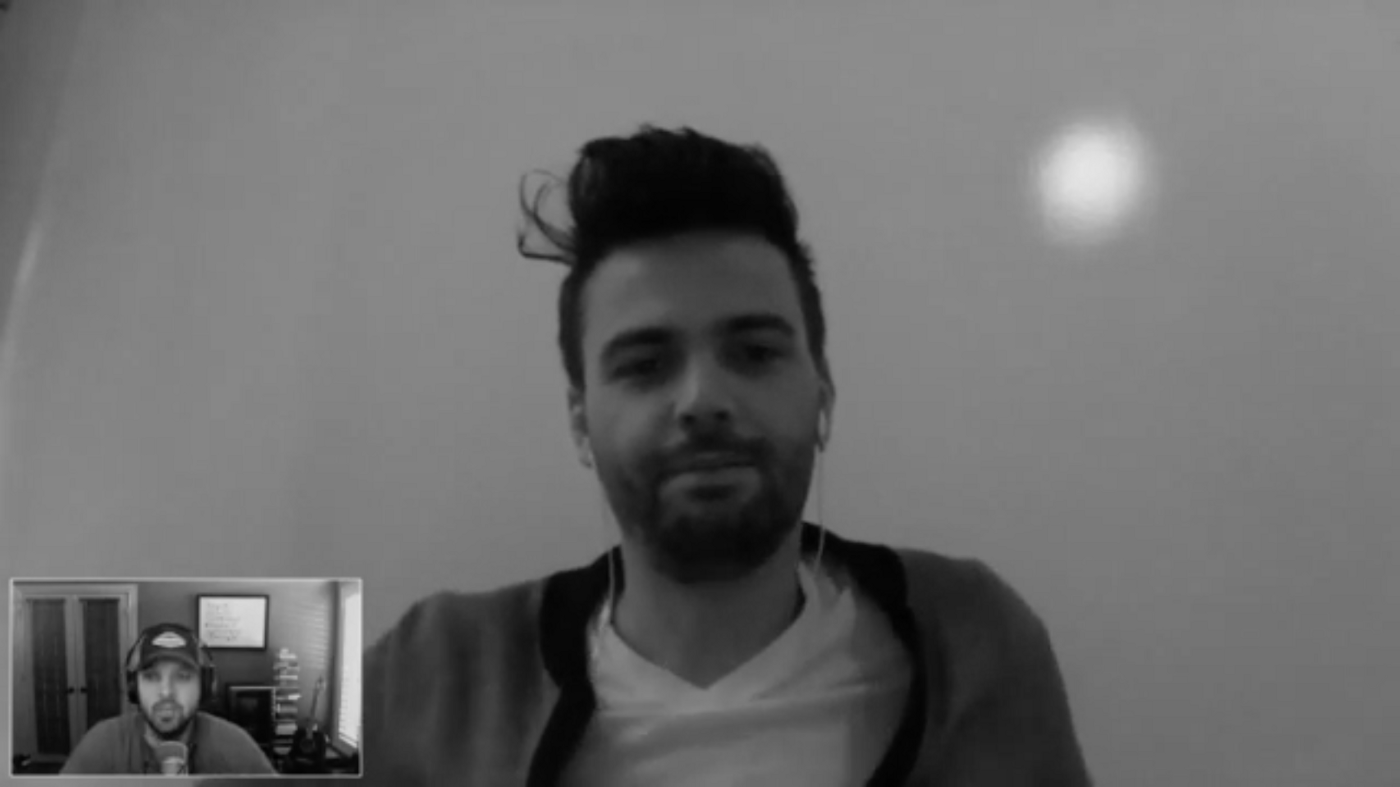 Interview № 5 of 24
Tyler Rooney
Interview № 5 of 24
Tyler Rooney
Format had seven people on the payroll before Tyler even got paid. We talk about bootstrapping in Canada, the amazing story of how they acquired the Format.com domain name, and what it’s like transitioning from a survival mentality to a growth mentality as a business grows.
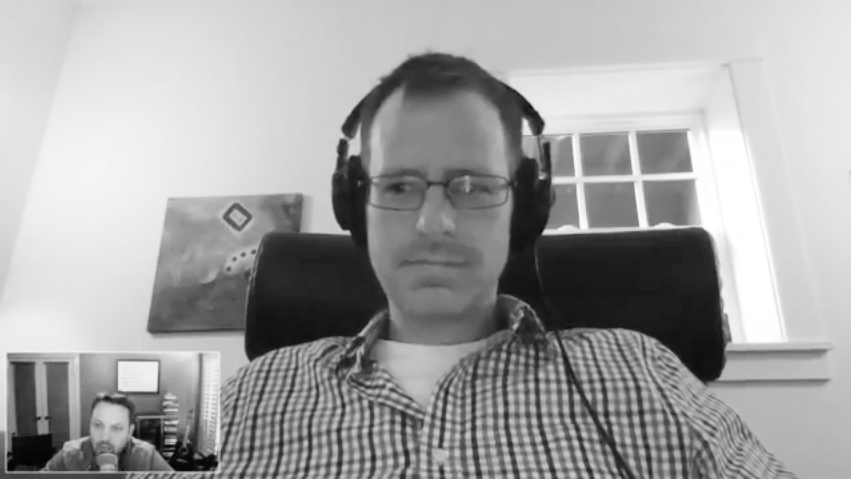 Interview № 1 of 24
Mike Perham
Interview № 1 of 24
Mike Perham
Mike Perham has successfully built a wildly profitable one-man business built on his open source efforts. We discuss what it’s like balancing the seemingly opposing forces of open source and a for-profit business, managing support for the open source version as well as paying customers, and how businesses are all-too-willing to pay for things that provide value or help them save time.
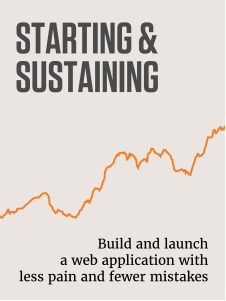 Be Fully-prepared to Launch Your Own SaaS Application
Be Fully-prepared to Launch Your Own SaaS Application
Get a free playbook, worksheet, and short email course to help you navigate the journey so you can be ready to build your own SaaS application.